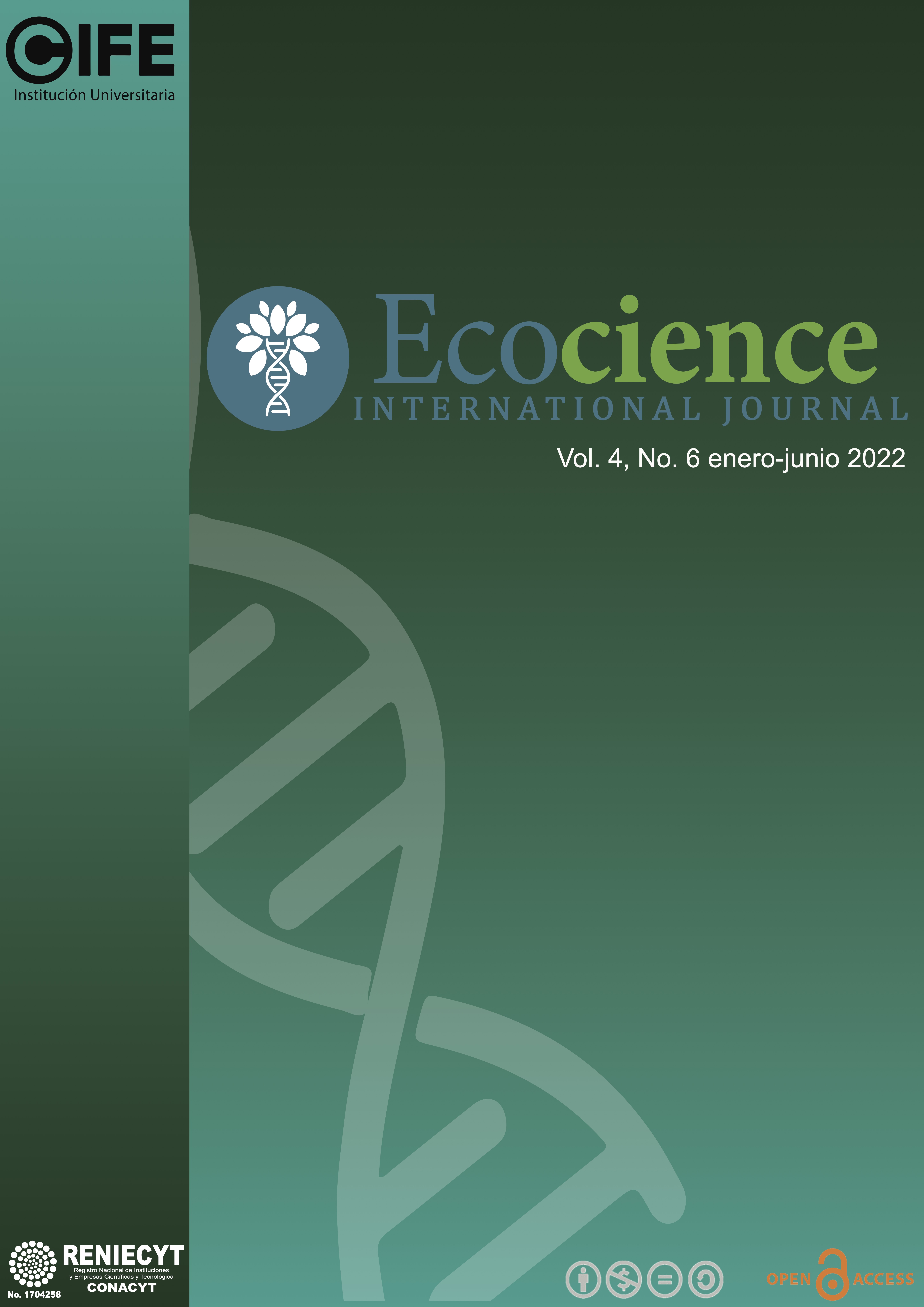Abstract
The construct validation of the Life Ethical Project Instrument was carried out from the Socioformative approach, to a sample population of 450 engineering and architecture students. The process included the verification of the construct validity of the theoretical model by means of exploratory factor analysis and confirmatory factor analysis, as well as reliability of the instrument by the coefficient of Cronbach's alpha in the internal structure; it is structured in nine dimensions: clear purposes of life, human talent, values, industriousness, self-care, social commitment, environment, collaborative work and co-creation of knowledge; a total variance of 75.02%, and Cronbach's alpha of .94. The new construct guides students in the improvement of their ethical life project taking into account various actions in each of the dimensions presented, in order to build and deepen their ethical actions in the personal and professional realization.
References
Acito F., y Anderson, R. D. (1980). A monte Carlo Comparision of Factor Analytic Methods. Journal of Marketing Research 17(2): 1-15. https://doi.org/10.1177/002224378001700207
Cerquera Córdoba, A. M., Cala Rueda, M. L., y Galvis Aparicio, M. J. (2013). Validación de constructo de la escala ESTE-R para medición de la soledad en la vejez en Bucaramanga, Colombia. 9 (1), 45-53. http://www.redalyc.org/articulo.oa?id=67926246007
Cronbach, L. J. (1951). Coefficient Alpha and the internal structure of tests. Psychometrika 16, 297-334. https://link.springer.com/article/10.1007/bf02310555
Díaz Costa, E., Fernández-Cano, A., Faouzi, T., Enríquez, C. F. (2015). Validación del constructo subyacente en una escala de evaluación del impacto de la investigación educativa sobre la práctica docente mediante análisis factorial confirmatorio. Revista de Investigación Educativa, 33(1): 47-63. https://www.redalyc.org/pdf/2833/283332966011.pdf
Frías-Navarro, D. y Pascual Soler, M. (2012). Prácticas del análisis factorial exploratorio (afe) en la investigación sobre conducta del consumidor y marketing. Suma Psicológica, 19 (1) ,47-58. file:///C:/Users/Jesus%20Flores%20Becerra/Downloads/1141-4514-1-PB.pdf
Niño-Castillo, J. E., Juárez-Hernández, L. G. y Niño-Gutiérrez, N. S. (2020). Diseño y validación de un instrumento para evaluar los trabajos finales universitarios desde la socioformación. International Journal of Sciences Academic Research 1(7): 481-488. https://www.researchgate.net/publication/347600872_Diseno_y_Validacion_de_un_instrumento_para_evaluar_los_trabajos_finales_universitarios_desde_la_socioformacion
Niño-Gutiérrez, N. S. (2020). Socioformation as a link in two fase-to-face tourism programs in Acapulco. FORHUM International Journal of Social Sciences and Humanities 2(3): 78-89. https://doi.org/10.35766/jf2023
Tobón, S. (2008). La formación basada en competencias en la educación superior: El enfoque complejo. México: Universidad Autónoma de Guadalajara.
Tobón, S. & Luna‐Nemecio, J. (2021) Complex Thinking and Sustainable Social Development: Validity and Reliability of the COMPLEX‐21 Scale. Sustainability, 13(12), 6591. https://doi.org/ 10.3390/su13126591

This work is licensed under a Creative Commons Attribution-NonCommercial-NoDerivatives 4.0 International License.
Copyright (c) 2022 Ecocience International Journal


